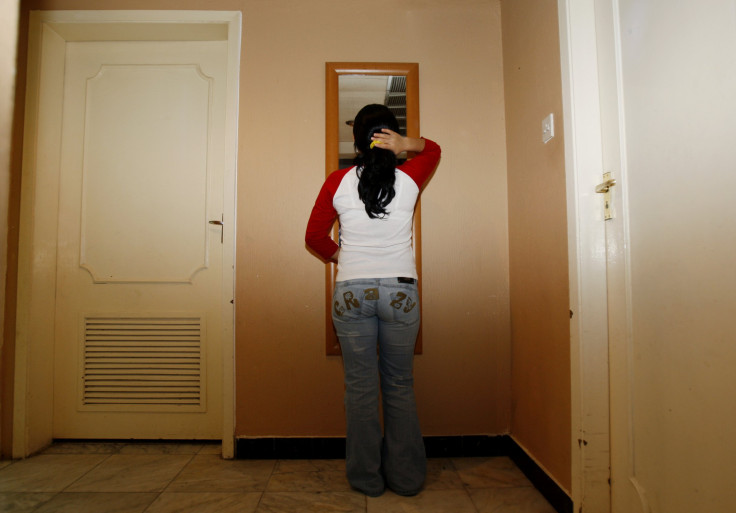Exclusive: New US Bill Being Drafted To Reform Human Trafficking Rankings

A leading U.S. lawmaker on human rights has begun drafting legislation to seek major reforms in how the State Department ranks countries on human trafficking, in response to concerns that the latest annual report was watered down for political reasons.
U.S. Rep. Chris Smith said the bill, which he expects to finalize in a month and introduce in the House of Representatives in six weeks, will call for some of the biggest changes in a decade in how Washington grades global efforts against modern slavery.
The move follows a Reuters investigation that found that senior diplomats inflated assessments of 14 strategically important countries in the State Department’s 2015 report.
In an interview with Reuters at his Capitol Hill office, the New Jersey Republican said he wants to increase accountability and oversight for a ranking system that has been criticized by some lawmakers and human rights activists as increasingly politicized.
The State Department said it stands by the “integrity of the process” that yielded the latest human trafficking report on July 27. Asked about the drafting of a new bill, State Department spokesman John Kirby said: “We defer questions on potential legislation to the Hill.”
Smith hopes to build momentum for reform by chairing three congressional hearings in March and April, aiming to win passage in the House in the second half of the year before turning to the Senate, where he could face stiffer resistance.
“We’re going to stay with this until it gets done,” said Smith, who authored the 2000 law that created a State Department office to independently rate countries for their records on human trafficking. “And we want to get it done comprehensively.”
Smith, a senior member of the House Foreign Affairs Committee and chairman of its global human rights subcommittee, has begun coordinating on the bill with Sen. Bob Corker, Republican chairman of the Senate Foreign Relations Committee, aides said. He plans to call Susan Coppedge, a former Georgia prosecutor who recently became the anti-trafficking office’s ambassador-at-large, to testify at the hearings.
Some State Department officials have privately expressed concern that if Congress goes too far in expanding its oversight, it could add another level of political interference to ranking decisions.
Though the global fight against human trafficking has traditionally been an area of bipartisan cooperation in Congress, Smith’s reform bill could face trouble winning approval in an election year, especially in the Senate, where 60 votes are required to move forward on any legislation.
The Reuters review, published last August and based on dozens of interviews in Washington and foreign capitals as well on internal State Department documents, determined that the anti-trafficking unit was repeatedly overruled by senior U.S. diplomats in the report.
Further Reuters investigations detailed how diplomatic priorities trumped human rights concerns in a series of decisions in the report, which can lead to sanctions for the worst offenders.
Malaysia, Uzbekistan and Cuba were among the countries upgraded from a blacklist of the worst human-trafficking offenders, and China, India and Oman also wound up with better grades than the State Department’s own human trafficking experts wanted to give them.
Smith’s plan is to insert a series of changes in so-called “reauthorization” legislation, which is periodically required by law to renew the 15-year-old federal statute that undergirds the State Department’s Office to Monitor and Combat Trafficking in Persons.
Some of the ideas under consideration for the bill, according to Smith and his aides, include:
- A new requirement that any country that has an “official policy of trafficking its own people” be kept at the lowest ranking until such practices are abolished. A primary target for such a reform would be Uzbekistan, which mobilizes roughly a million citizens each year for its cotton harvest, the aides said.
- A new rule that would block upgrades for countries whose state-owned enterprises are found to engage in forced labor, a provision that drafters believe could put China and Vietnam under particular scrutiny.
- Stricter limits on how long and for what reasons a country will be allowed to remain on the so-called Watch List, one level above the worst ranking, before they are automatically downgraded.
- A requirement that countries must cooperate fully with the State Department in reporting on the number of arrests and convictions for human trafficking as a condition for securing upgrades or avoiding downgrades.
© Copyright Thomson Reuters {{Year}}. All rights reserved.





















